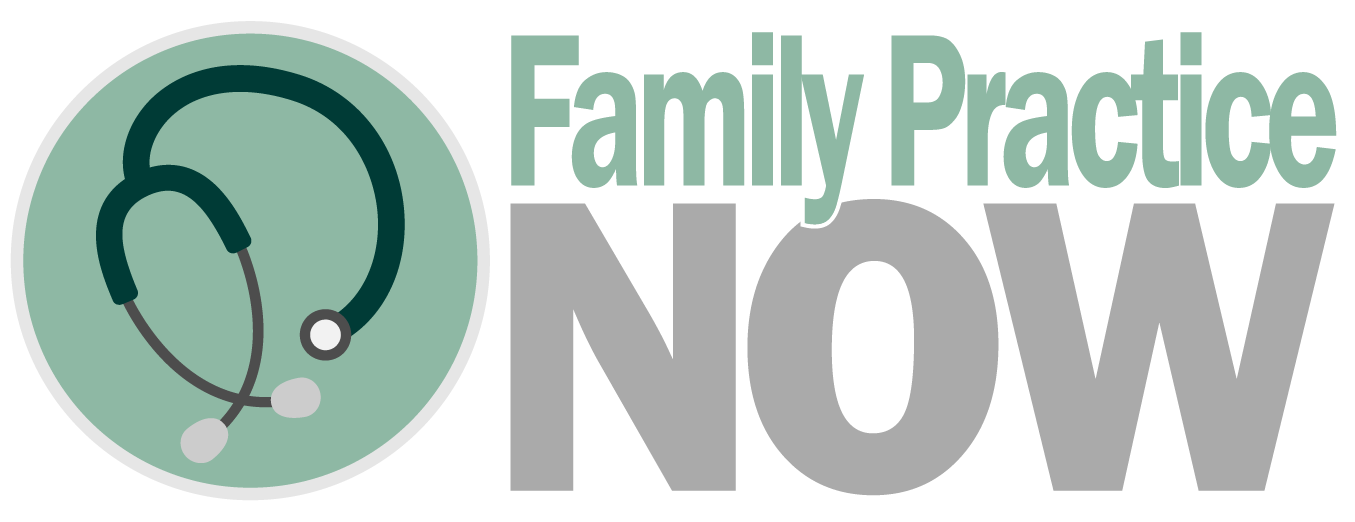Premier - Local Family Doctor
-
Children and Headaches
A headache is defined as pain or discomfort in the head or face area. It can range from mild to severe and can be a primary condition or a symptom of an underlying health issue. Headaches can affect different areas of the head and face, including the front, sides, back, or even the entire head.
-
Serious and Non serious Headaches In Children
You are correct that when children complain of recurrent headaches, the most common diagnoses are tension headaches and migraines. These types of headaches are typically benign and not indicative of a more serious underlying condition.
There are certainly red flags that go along with the diagnosis of a brain tumor. The child with a brain tumor is very unusual.





